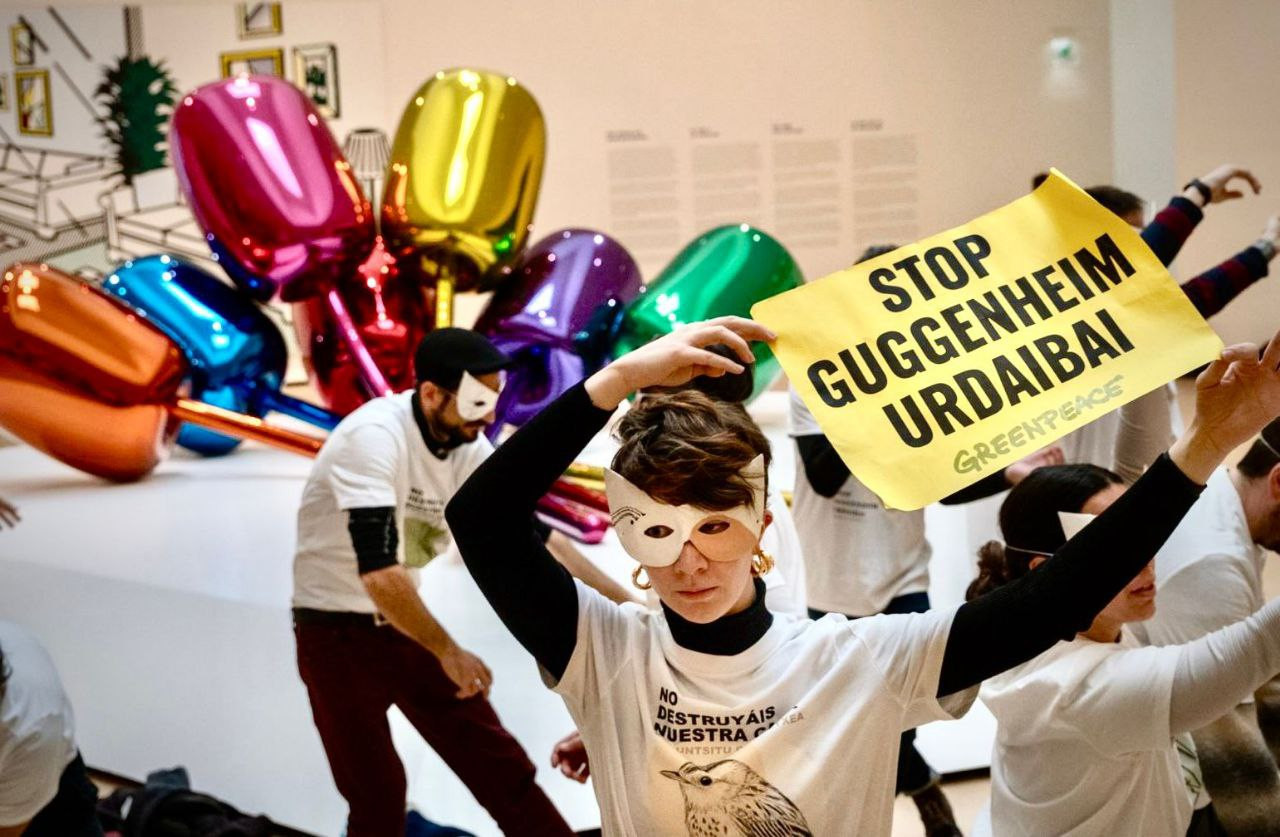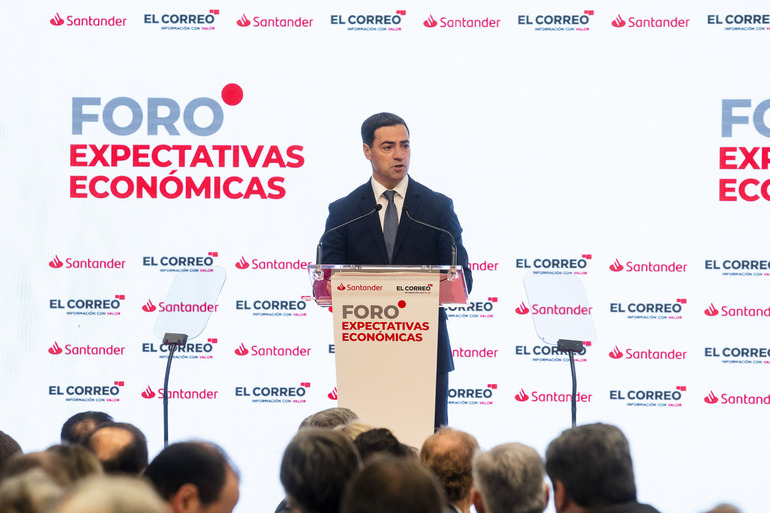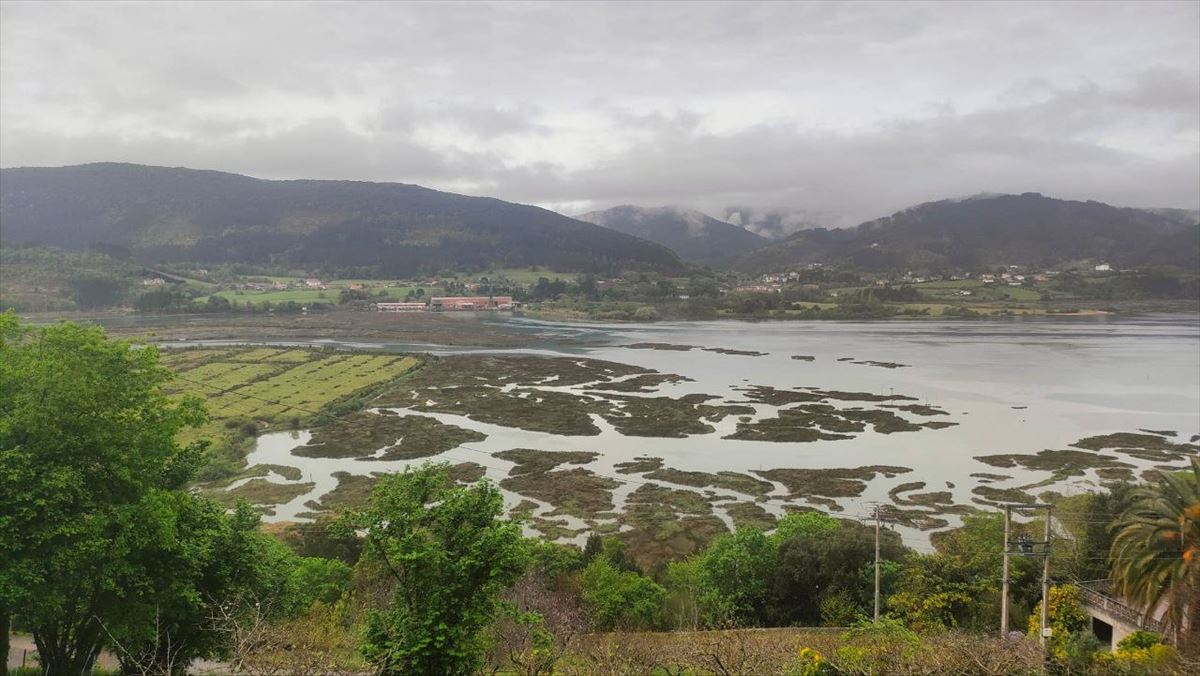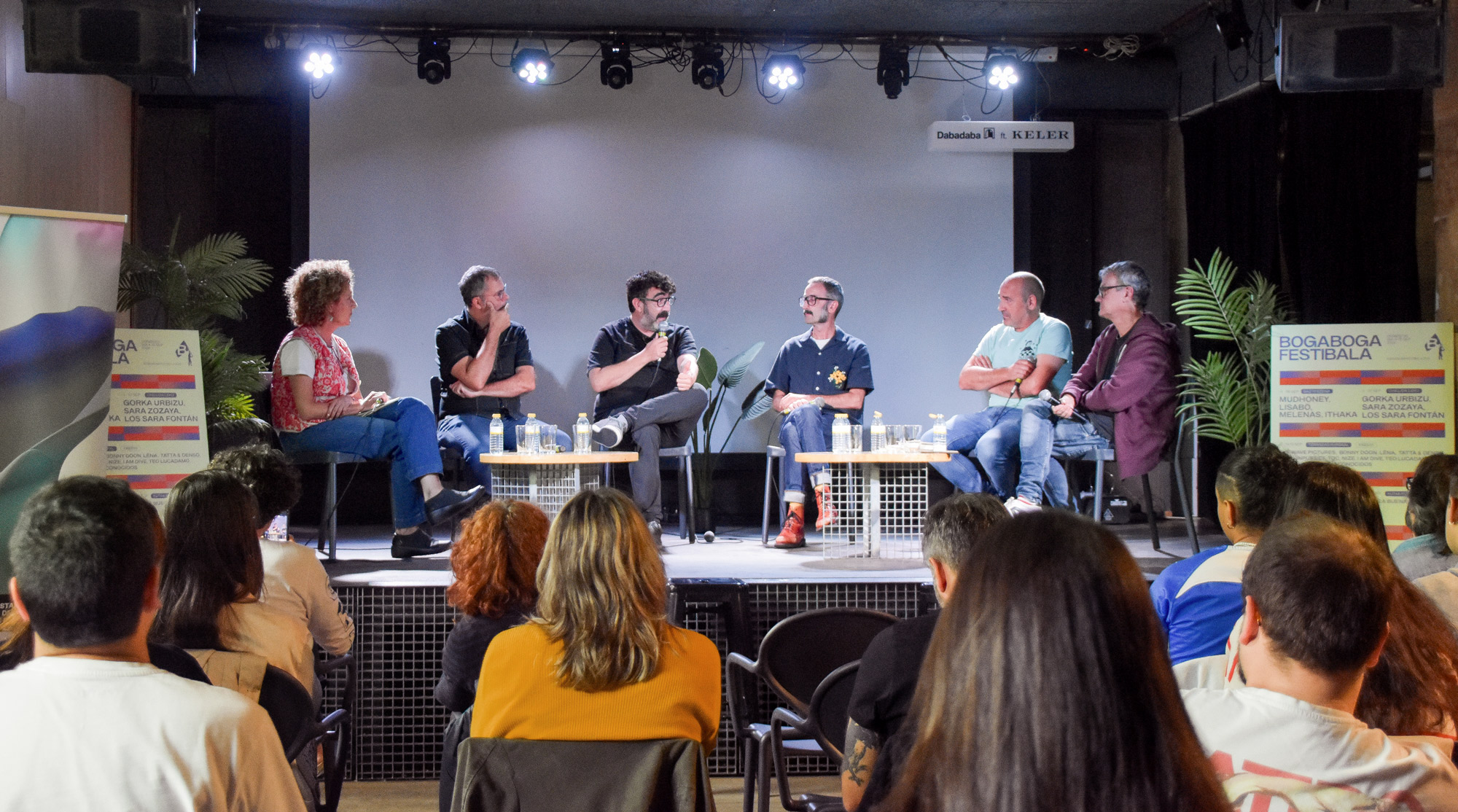Culture will be able to leave the house...
- In each of the stages that the Spanish Government has announced for the end of the mansion there will be opportunities to recover cultural life: Stage 0 includes libraries, stage 1 museums and public libraries, and stage 2 theatres, cinemas and concerts. The conditions laid down, however, limit the number of spectators strictly, which raises new questions about the economic viability of some shows.

At best, theatres, theatres and concert halls will be able to reopen on 25 May, provided that the evolution of the pandemic allows for it. This was announced yesterday by the President of the Spanish Government, Pedro Sánchez, in his speech in the House. In addition, the reopening of cultural spaces will be subject to strict measures, as capacity will be limited.
The second four-phase programme, announced by the Spanish Government, will therefore involve many of the spaces offering cultural shows.
Although it did not do so at Tuesday’s press conference, the capacity will be limited to one-third of the people who usually have access to museums. Museums will be able to open a little before the halls, as Moncloa has introduced them in the first phase of de-escalation, starting on 11 May. In the case of public libraries, the opening of public libraries will be limited to the granting of loans, keeping reading rooms closed, on the right track from 11 May.
Small bookstores, for their part, can be opened from 4 May if data on the evolution of the pandemic allow it, as Moncloa has included them in phase 0 together with small shops. Once again, the keywords are “strict safety conditions” when talking about the return of these shops so important to publishers.
A limited number of viewers, key to alleviating the cultural home
Apart from phases and deadlines, it seems that one of the keys to the end of the cultural mansion will be the control of the number of public: in closed rooms a maximum of 30 people can be gathered in Phase 1 – from 11 May – and a maximum of 200 people if the show takes place outdoors, while the public remains seated. In a second phase, the maximum capacity will be 50 persons (closed rooms, respecting only one third of their capacity) and 400 (outdoor and sitting).
The measures announced this Tuesday have not cleared the uncertainty that many cultural professionals have about whether at the end of the state of alarm cultural shows will continue with a limited public. Pedro Sánchez has extended the duration of this “new normalcy” until the COVID-19 vaccine is found, which worries, because by limiting the capacity of the rooms so strictly, some cultural activities are not economically viable.
We have known Aitor Bedia Hans, a singer of the Añube group for a long time. At that time we were reconciled with BEÑAT González, former guitarist of the Añube group. It was at the university time, when the two young people of Debagoiena came to Bilbao to study with music in... [+]
Two years ago Urdaibai Guggenheim Stop! Since the creation of the popular platform, Urdaibai is not for sale! We hear the chorus everywhere. On 19 October we met thousands of people in Gernika to reject this project and, in my opinion, there are three main reasons for opposing... [+]
With this article, the BDS movement wants to make a public boycott of the event to be held on 24 September at the Guggenheim in Bilbao. In it, they will have the presence of the renowned Zionist artist, Noa, who will present his last record work.
When, in the context of the... [+]
Mende batean, Baionako Euskal Museoak izan duen bilakaeraz erakusketa berezia sortu dute. Argazki, tindu edo objektuak ikusgai dira. 1924an William Boissel Bordaleko militarrak bultzatu zuen museoaren sorrera, "euskal herri tradizionalaren" ondarea babesteko... [+]



















